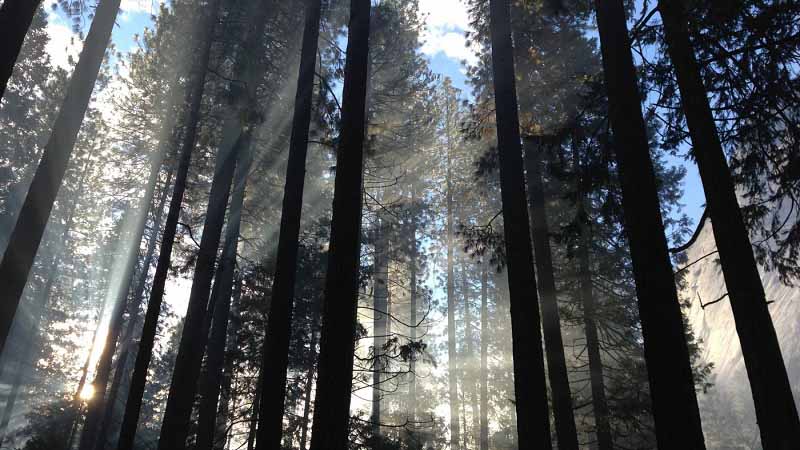
ENVIR ST/BOTANY/ZOOLOGY 260
Tuesday/Thursday, 11 a.m.–12:15 p.m.
3 credits
Hybrid course
Instructor

Adrian Treves
Professor of Environmental Studies; Director of Carnivore Coexistence Lab
atreves@wisc.edu
Course Description
This course will provide students with a foundation in ecology. After completing this course students will be ready for more advanced work in ecology or ready to apply ecological principles to current public policy debates, as consumers, voters, and professionals. The course is aimed at first- and second-year students who are considering a natural science major and at older students majoring in other fields.
The primary goal of this course is to place ecological thought in an interdisciplinary framework that encompasses the ecology of humans as another unique species evolving and interacting within Earth’s biosphere and the many branches of ecological science. We focus on the biosphere (i.e., only superficial treatment of the ecology of water, energy, chemical cycling, inorganic substrates, etc.), and seek to understand how major branches of ecology developed to address problems at many levels, from landscape ecology to population ecology to behavioral ecology. We will survey research agendas and application of ecological sciences across campus and explore the ecology embedded in the activities of Nelson Institute’s research centers.
To integrate human behavior and ecology fully for an understanding of ecosystem function and environmental change, we will adopt Wisconsin as a focal ecosystem whose structure, components, functions, and trajectories of change we will seek to understand. Rather than a case study to illustrate class topics, Wisconsin’s ecosystems will serve as the central point of interest whose mysteries and uncertainties will lead us to study ecological knowledge worldwide.
Approximately half of the class meetings will be in-person and half will be online. A schedule will be announced near the start of the semester.
Fulfills Environmental Studies
![]()
Ecological Science Foundation
UW Designations
![]()
Elementary
![]()
Biological Science